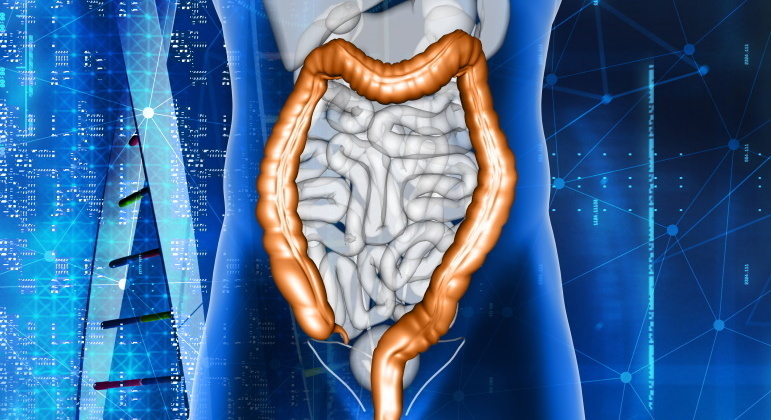The UK’s National Institute for Health and Care Excellence (NICE) has approved and recommended on Wednesday (31) microbiota transplantation (FMT) – faecal transplant – from healthy patients to people with treatment-resistant disease. The causes of the disease known as colitis.
The indication is given to patients who in the past year have been treated for two or more infections without success. The human intestine is full of microorganisms, and until the age of 3 we develop a group of them called the intestinal microbiota, which they follow until the end of life.
Over the years these bacteria are modified by factors such as diseases, vaccines, medications and stress.
The purpose of fecal transplant for patients is to transfer intestinal bacteria and other microorganisms from the tube of a healthy donor into the intestine of the recipient. Thus, restoring a healthy set of intestinal bacteria.
The microorganisms can be cultured through a tube inserted directly into the stomach, passed through the nose or deposited directly into the colon, or through a tube as well, or ingested using pills.
Currently, effective treatment of C. difficile is needed in people who have received two or more doses of antibiotics. Our committee’s recommendation for this innovative treatment will provide another tool for healthcare professionals to use in combating this infection, while balancing the need to provide the best care with cost-effectiveness. The use of this treatment will also help reduce dependence on antibiotics, and thus reduce the chances of antimicrobial resistance, supporting NICE’s guidance on good antimicrobial stewardship. In an official NICE statement.
What disease is caused by Clostridium difficile?
According to the MSD Guide to Diagnosis and Treatment, Clostridium difficile causes inflammation of the large intestine (colon) that leads to diarrhea. This inflammation is caused by a toxin secreted by the pathogen and usually develops after people take antibiotics.
“Many antibiotics alter the balance between the different types and amounts of bacteria that live in the gut. Thus, some disease-causing bacteria, such as Clostridium difficile, can grow excessively and replace the harmless bacteria that normally live in the gut. difficile is the most common cause. For colitis that develops after taking antibiotics.
When C. difficile bacteria grow excessively, they release toxins that cause diarrhea, colitis, and the formation of abnormal membranes (pseudo-membranes) in the large intestine,” explains MSD.
NICE has made it clear that the treatment must be manufactured in accordance with the MHRA (Medical and Health Care Regulatory Agency) guidelines for regulating human medicines. Additionally, it indicates that it has a rigorous donor screening program to identify risk factors for infectious diseases and factors that affect the intestinal microbiota.
Five randomized controlled trials with 274 adults showed that more infections with these bacteria resolved with FMT than with antibiotics in four trials and there was no difference in the others.
TMF can lead to different levels of clinical treatment depending on how treatment is delivered, but can resolve up to 94% of infections.
Difficulty going to the bathroom? Learn about foods that help your gut function

“Music fanatic. Professional problem solver. Reader. Award-winning tv ninja.”






More Stories
Couple retakes glacier photo after 15 years, surprised by changes: ‘It made me cry’
Two killed in hotel collapse in Germany – DW – 07/08/2024
Lula speaks for half an hour on phone with Biden about Venezuela’s electoral impasse | Politics